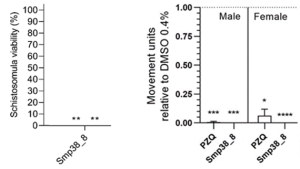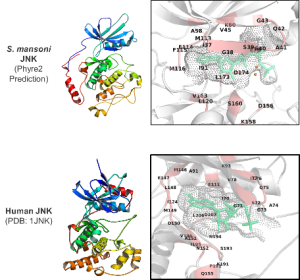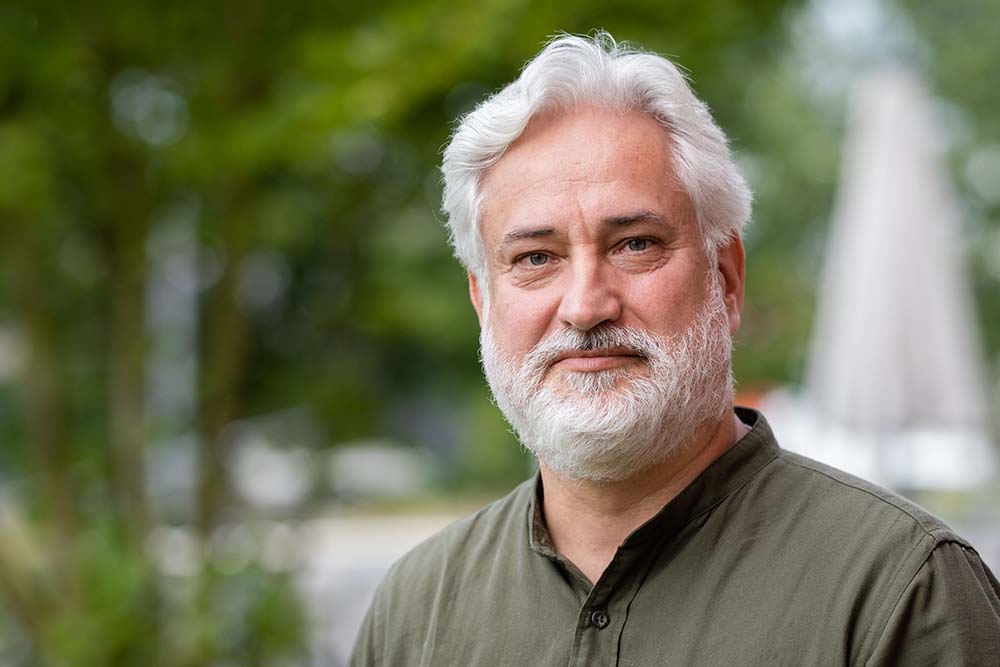B7 P: New ways towards the control of schistosomiasis and echinococcosis
Prof. Dr. Franco Falcone
Institut für Parasitologie
BFS - Biomedizinisches Forschungszentrum Seltersberg
Justus-Liebig-Universität Gießen
Schubertstraße 81
35392 Gießen
Tel.: +49 (0)641-99 38030
E-Mail: franco.falcone(at)vetmed.uni-giessen(dot)de
Project description:
Echinococcosis and Schistosomiasis are two co-called Neglected Tropical Diseases, which have a severe impact on the health of affected individuals in endemic countries. Our group is developing new tools that can be used for a better control of these two diseases. For schistosomiasis, we are developing new drugs that target the schistosomal Mitogen Activated Protein Kinases [1], in an effort to find new drugs, which are larvicidal as well as adulticidal. For Echinococcosis, we are developing a novel diagnostic platform based on detection of parasite-specific IgE using humanized IgE reporter cell lines [2-4], which can be used in a variety of formats. We are also working on extending this diagnostic platform to other parasitic infections (e.g. Fasciola, Cysticercosis, Clonorchis, Opisthorchis).

Larvicidal and adulticidal activity of compound 38_8, chosen from a compound library using our bioinformatic approach.

Structural prediction of S. mansoni JNK compared to the human orthologue.
Scientific goal:
The Schistosome project aims to identify lead kinase inhibitor molecules using a bioinformatics in silico analysis pipeline and further develop these into suitable drugs, while in the Echinococcus project we are pursuing a better understanding of the protective immune responses against echinococci and aim to incorporate this knowledge into the development of vaccines and greatly improved, innovative diagnostic technologies.
DRUID Collaboration partners:
A4 Heine lab, B4 Grevelding lab, C6 NWG Häberlein lab, E5 Czermak/Salzig lab
References B7P: [1] *Pereira-Moreira et al. (2020) ACS Omega 5:9064-9070 [2] Kalli M et al. (2020) Sci Rep. 10:18208 [3] Kalli M. et al. (2020) Methods Mol Biol.;2163:155-162. [4] Prakash PS et al. (2021) Parasitol Res.

